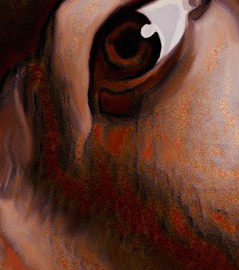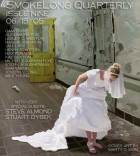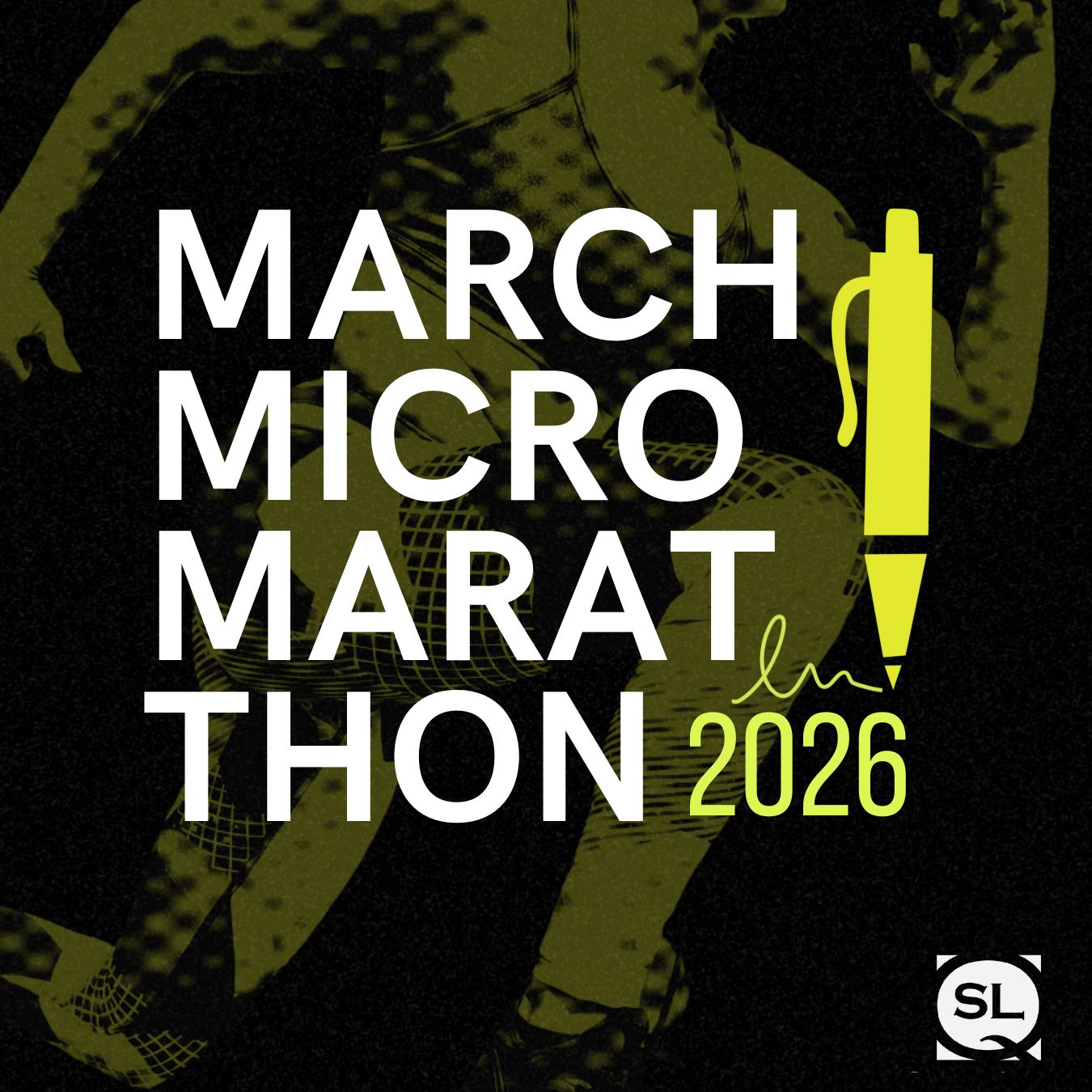“When I saw those numbers I felt ashamed.” Delis and numbers are forever connected in my mind—that white numbered tab and the red neon number behind the counter to tell each customer his number’s up, the called out weights (1/4 pound of pastrami), the price appearing on the scale. One day there’ll be no more wrists with tattooed numbers to fill us with shame. What then?
The shame in Brisket comes from the character’s recognition that he’s been feeling sorry for himself, self-involved in his own very manageable woes, and suddenly his situation is contrasted to the unimagineable suffering of the death camps. For me, one of the great challenges and problems facing American literature is the recognition of privilege and of the contradictions that define America. America has made its own numbers. How many Vietnamese dead? How many still suffering from Agent Orange? How many civilians who continue to be slaughtered in Iraq. Bringing freedom to the world can be a bloody business indeed. I don’t think we need to worry about running out of numbers that shame us.
What “lesson” has writing taught you? What does writing continue to keep you in the dark about?
Writing has taught me that the practice of craft can come to be nearly simultaneous with the experience of imagining. People often make a distinction between the two. I think that’s a misunderstanding of what craft in any art form is.
What role has short-shorts/flash fiction played in the larger world of fiction writing—and what’s the future look like?
There are numerous ways to look at the short short. Three that especially interest me are the way it blurs the line between conventional distinctions between poetry and prose, and related to that what it has to teach about compression in prose which is directly related to one’s definition of story, and finally—and this relates to definition of story as well—of the short short in sequence becomes a method of fragmentation. Past generations have of course experimented along the lines of all these notions and the experiments continue: that’s all I can surmise about the future.
If you were to guide beginning writers to the secrets of writing successful short shorts, what essential skills would you try to convey to them?
Short shorts are for me little laboratories of prose rhythm so I’d advise one to pay attention to that often overlooked aspect of writing.
I Sailed With Magellan is described as a novel in short stories. The Coast of Chicago and Childhood and Other Neighborhood Neighborhoods both had common themes as well, but were more anthologies than novels. What brought about the decision to work more toward a novel approach?
I Sailed With Magellan began as a conventional novel based on family stories. I was dissatisfied with it in that form so tried it in the novel-in-stories format. Neither of my previous two books of fiction began that way.



 In its third year, The March Micro Marathon will be, as usual, a prompt-a-day whirlwind for 24 days. You’ll exchange drafts of micro fiction, non-fiction, and prose poetry in small groups and gather for a series of online events (all recorded for participants unable to attend live). We’ll finish with 3 competitions, and participants who are not already in SmokeLong Fitness will be invited to workshop with SmokeLong Fitness until the end of April!
In its third year, The March Micro Marathon will be, as usual, a prompt-a-day whirlwind for 24 days. You’ll exchange drafts of micro fiction, non-fiction, and prose poetry in small groups and gather for a series of online events (all recorded for participants unable to attend live). We’ll finish with 3 competitions, and participants who are not already in SmokeLong Fitness will be invited to workshop with SmokeLong Fitness until the end of April!